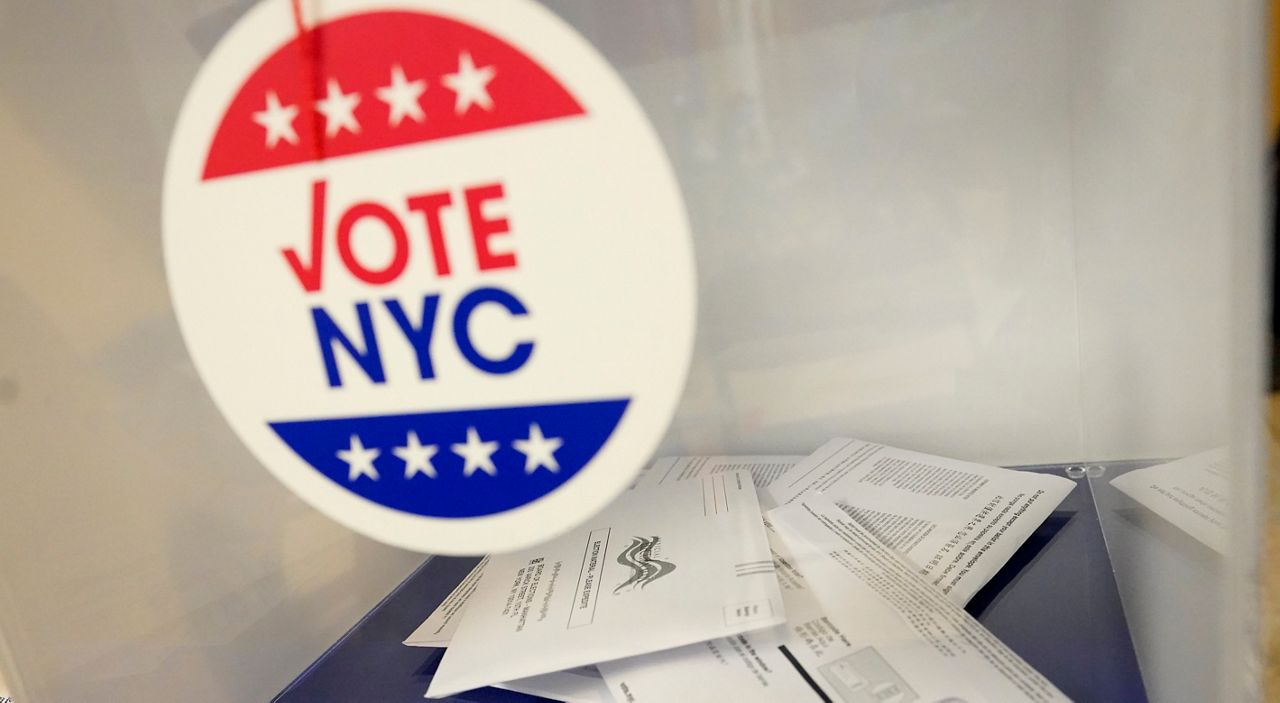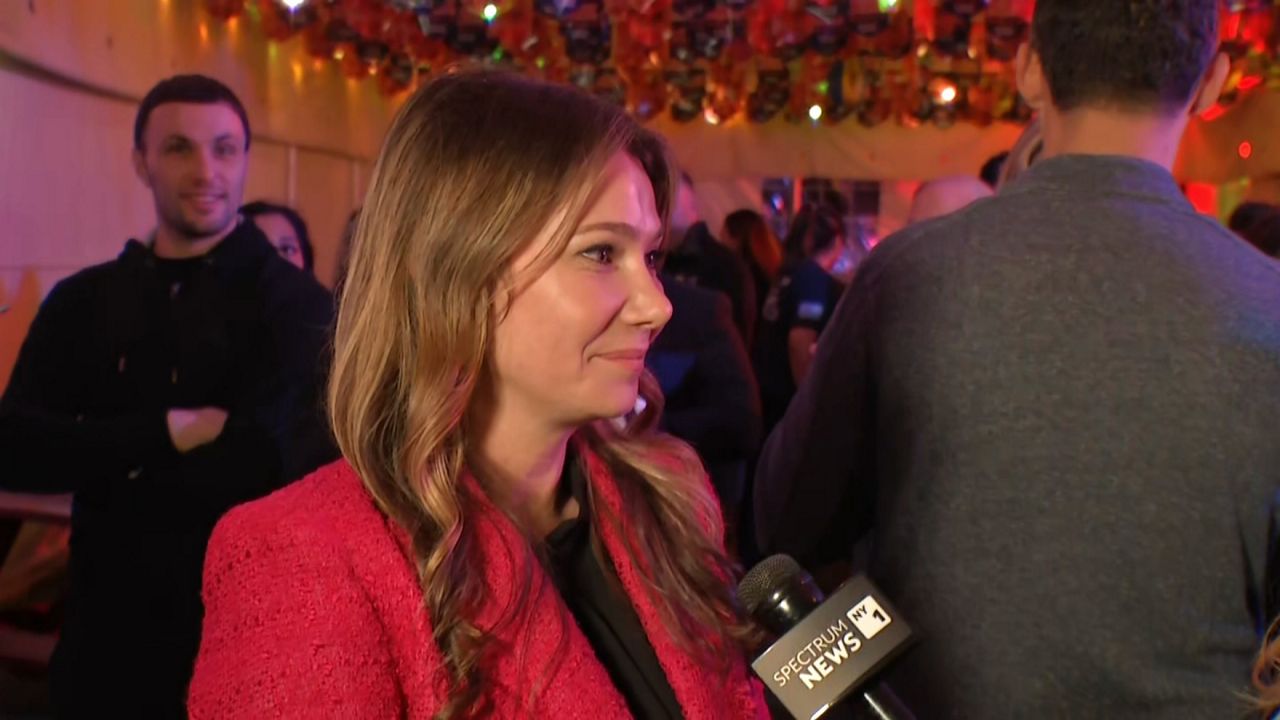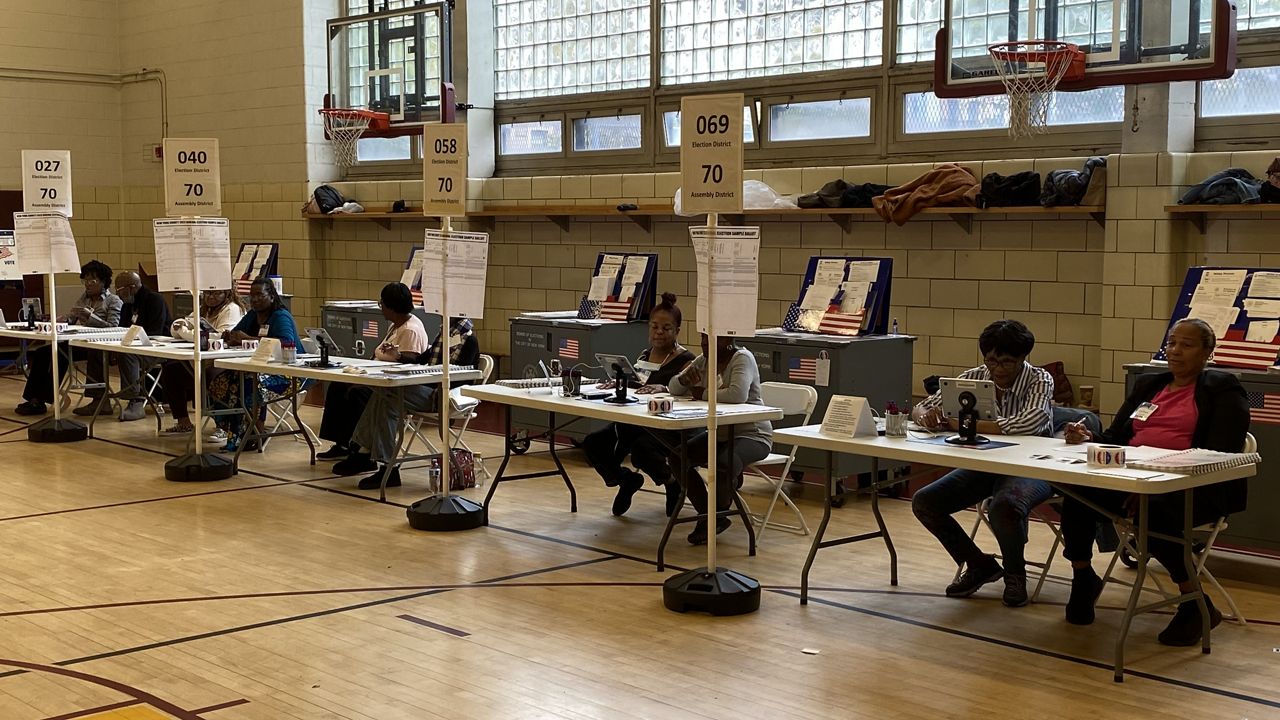The polls may be closed, but there are still no winners in some of the City Council primary elections.
While most were decided on Election Day, there are a small number that do not yet have a winner due to ranked-choice voting.
Ranked-choice voting allows New Yorkers to rank candidates running for office in order of preference. It applies to only primaries and special elections for certain offices, such as mayor, City Council, city comptroller, Public Advocate and the borough president.
What You Need To Know
- The polls may be closed, but there are still no winners in some of the City Council primary elections. While most were decided on Election Day, there are a small number that do not yet have a winner due to ranked-choice voting
- On Wednesday, July 5, the city’s Board of Elections will release an unofficial report with ranked-choice voting elimination rounds and absentee ballots scanned before Election Day
- On election night, the results that were revealed were first-choice votes from early voting, Election Day and absentee ballots that were canvassed, according to the city’s Board of Elections. Affidavit ballots were not included
On election night, the results that were revealed were first-choice votes from early voting, Election Day and absentee ballots that were canvassed, according to the city’s Board of Elections. Affidavit ballots were not included.
On Wednesday, July 5, the city’s Board of Elections will release an unofficial report with ranked-choice voting elimination rounds and absentee ballots scanned before Election Day.
The process starts with all first-choice votes to be counted. If a candidate receives more than 50% of the first-choice votes, they win the election outright.
According to the BOE, if no candidate earns more than 50% of first-choice votes, then counting will move on into additional rounds.
The last-place candidate is eliminated at the end of each round. Voters who chose that candidate will then have their vote counted for their second choice.
“Your vote is counted for your second choice only if your first choice is eliminated. If both your first and second choices are eliminated, your vote is counted for your next choice, and so on,” the BOE wrote.
The counting process continues until there are two candidates left. At that point, whichever candidate received more votes than the other will be declared the winner.
Which races could head for an additional ranked-choice voting round?
One primary that will face a ranked-choice voting round is the Democratic primary in City Council District 19 in Queens. Former City Councilman Tony Avella, who was the Democratic nominee in 2021 but lost in the general election, currently has a slight lead, according to the Associated Press’ most recent update, but with just 39.2% of the vote. His nearest competitor, Christopher Bae, has 37%, according to the AP.
There is one other race where the AP results show the leading candidate with less than 50% of the vote – the Republican primary for City Council District 13 in the Bronx. The latest results in that race, according to the AP, had Kristy Maramoto with 48% of votes and challenger George Havranek with 44%. (All three candidates are also part of a Conservative Party primary, but according to the AP, Maramoto had 54% of the vote in that primary as of the most recent update.)
Two other Democratic races were slightly above the 50% threshold as of the most recent update, according to the AP. If those numbers held, those races would not have to go to another round of voting – but if one or both drop under 50%, they would have to go to at least one additional ranked-choice round.
In City Council District 9 in Harlem, Yusef Salaam had received 50.7% of the votes with a little less than 95% of the expected vote counted. His nearest challenger, Inez Dickens, had 25.3%; Assemblymember Al Taylor had 14.5%; and incumbent Councilwoman Kristin Richardson Jordan, who announced she was not running for reelection before Primary Day but remained on the ballot, had 9.5%.
In City Council District 42 in Brooklyn, as of the most recent update, Challenger Chris Banks had 51% of votes, while incumbent Councilman Charles Barron had 44% of votes, according to the AP.








 DNT election day 2023 preview CLEAN)